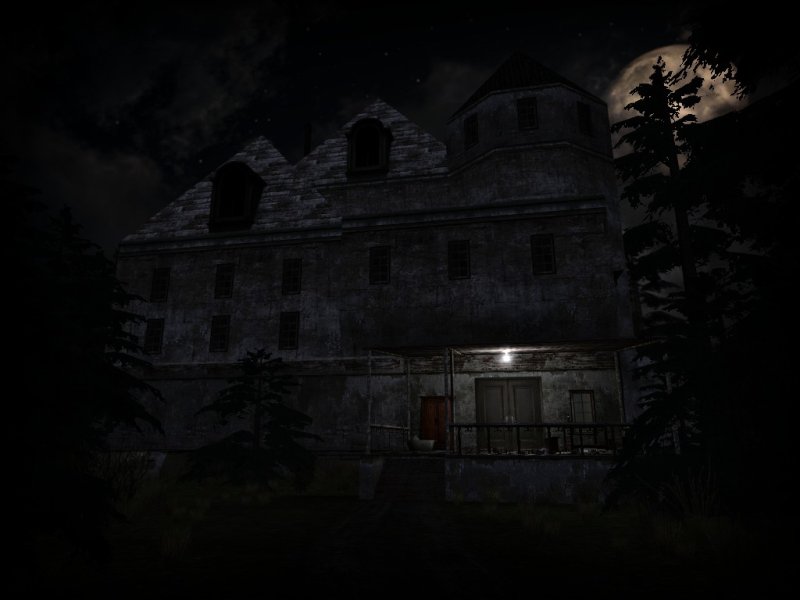

It can be tempting to open a credit card for all those purchases for your new house or to pay off existing debt, but don’t. Your income to debt ratio goes up any time you borrow more money and it drops when you pay loans off. Most people understand that they shouldn’t touch their income to debt ratio while they’re trying to get a mortgage, but fewer understand what things will affect it, so let’s talk about that. So, we know it’s important and we know what it is - it should follow why making a change to this valuable number would cause problems. As we discussed in an earlier post, your income to debt ratio is exactly what it sound like it is: the ratio of your monthly debts to your monthly income. See, when you were qualified for your loan, it was based on a lot of things - your income to debt being one of the most important.

There’s nothing that will get your lender’s panties in a twist as badly as if you change your income to debt ratio without discussing it with them first. Even in the worst case scenario, you should be able to change loan programs without delaying closing too much. If you’re trying to borrow with a program that won’t loan on a property in a flood zone, your Realtor and banker can mount an appeal since the actual house isn’t affected by the flood zone. Most loan programs will just require you buy flood insurance, which should cost about $500 per year. Usually, these properties have just a tiny, tiny bit of their lot inside the SFHA - but it’s enough that you’re considered to be “inside” a flood zone. Every once in a while, the flood maps that Realtors and bankers have access to don’t line up with the current version of the maps FEMA is using to produce flood certificates. Unless either of those folks are in the habit of not getting paid (after all, their income is in part or wholly based on commissions), they believed your future home was clear of problems based on the information they had available. You may be asking why no one caught this problem before you started trying to get all your loan paperwork hammered out - surely your agent or your banker should have known that you were headed for disaster. This isn’t a problem in and of itself, but there are a few programs, like USDA, that won’t loan on a property located in an SFHA. OK, technically everybody’s house is in a FEMA Flood Zone, but when your banker, closer or Realtor calls to tell you that your home couldn’t be flood certified because it’s in a FEMA Flood Zone, they’re talking about a Special Flood Hazard Area (SFHA), also known as a 100-year flood zone. If you hit a bad spot in your transaction, just remember to breathe and trust that your experts are doing everything they can to help - after all, that’s really why you’re paying them.Īnybody can handle a smooth transaction, but it takes experience and fortitude to hang on through these 8 nightmare scenarios: You’ve Just Learned Your Home is In a FEMA Flood Zone

However, in my nearly 10 years working in the real estate industry, I’ve seen some doozies. Most of the time, your Realtor or lender won’t be able to prepare you because all indicators point to a clean transaction. By the time your inspections are over and your Realtor assures you there’s not much left to do but wait, you’re in desperate need of the emotional break - but sometimes that break doesn’t come because something goes terribly, terribly wrong.Īlthough they’re not common, closing nightmares happen to the best of us. It’s a constant rollercoaster ride of thrills and fears, new experiences and cliffhangers that threaten to ruin all your dreams forever. There are few experiences in life as exciting and stressful as buying a home.


 0 kommentar(er)
0 kommentar(er)
